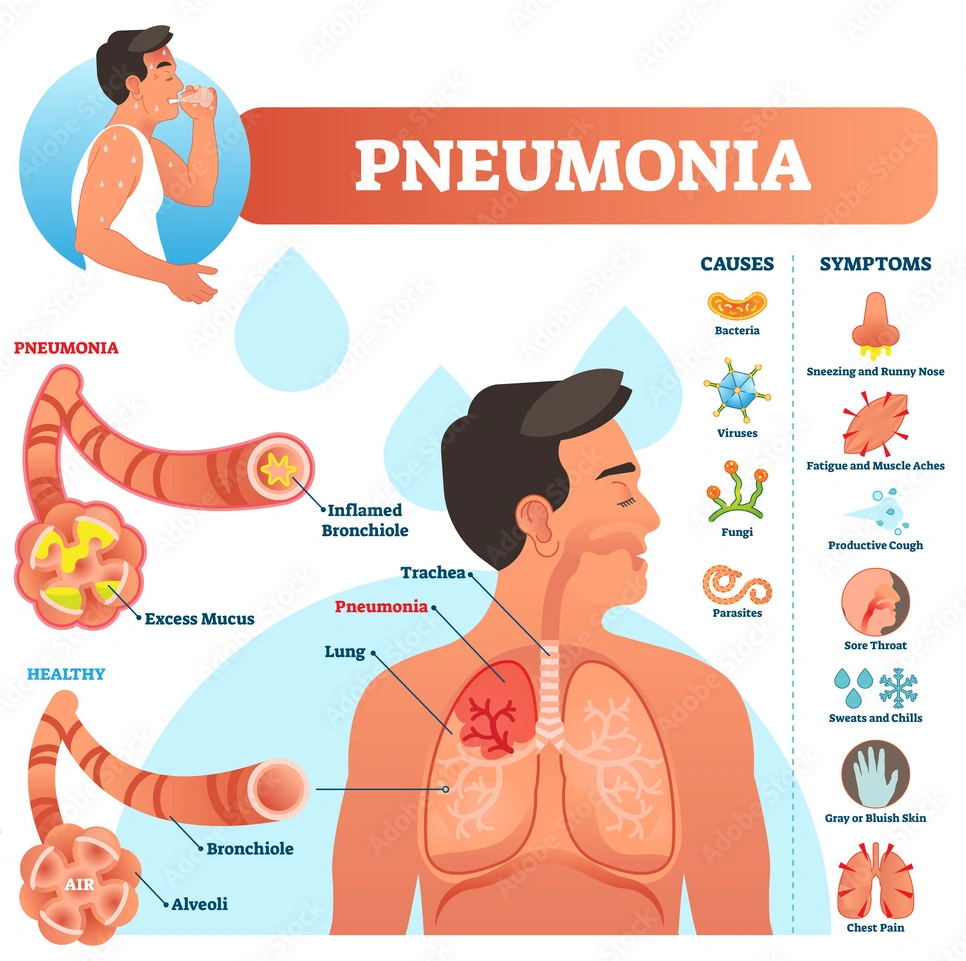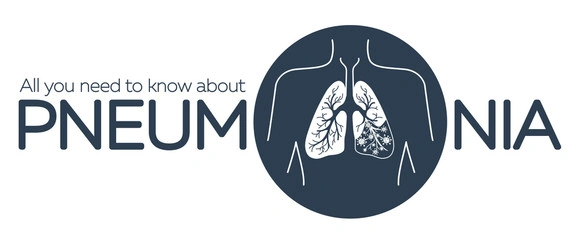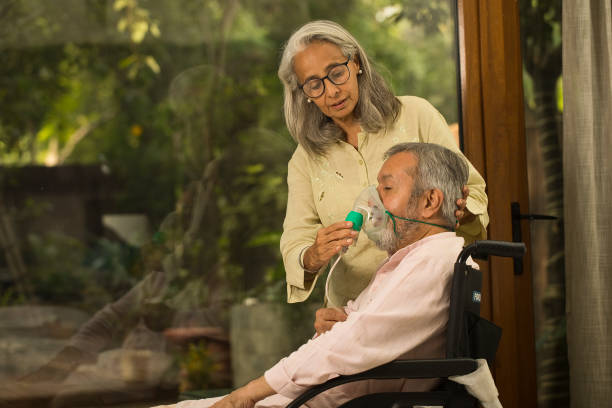Best Practices for Caregiving for Seniors with Chronic Obstructive Pulmonary Disease COPD
27-09-24
As the population ages, more and more individuals are affected by chronic conditions such as Chronic Obstructive Pulmonary Disease (COPD). COPD is a progressive lung disease that can significantly impact an individual's quality of life. COPD can lead to shortness of breath, fatigue, and other respiratory symptoms that can make daily activities challenging for seniors.
For caregivers, providing care for seniors can be a complex and challenging task. However, there are best practices that caregivers can adopt to help seniors with COPD manage their symptoms and improve their quality of life. In this article, we will discuss the best practices for caregiving for seniors with COPD. Watch this amazing video on respiratory care for elderly from our experts.
Understand the Disease
The first step in providing effective care for seniors with COPD is to understand the disease. COPD is a chronic condition that causes the airways in the lungs to become inflamed and narrow, making it difficult to breathe. COPD is often caused by smoking, but other factors such as pollution, genetics, and respiratory infections can also contribute to the development of the disease.
Provide Emotional Support
Seniors with COPD may experience anxiety, depression, and feelings of isolation due to their condition. Caregivers should provide emotional support to help seniors cope with the emotional impact of their disease. This can include listening to their concerns, offering reassurance, and providing companionship.
Encourage a Healthy Lifestyle
Living a healthy lifestyle is essential for managing COPD symptoms. Caregivers should encourage seniors with COPD to eat a healthy diet, exercise regularly, and avoid smoking or exposure to secondhand smoke. Caregivers should also encourage seniors to get plenty of rest and manage stress.
Monitor Symptoms
Caregivers should monitor seniors' COPD symptoms regularly. This can include monitoring their breathing rate, oxygen levels, and coughing. Monitoring symptoms can help caregivers identify changes in seniors' condition and take appropriate action.
Keep Medications on Schedule
Seniors with COPD may require medication to manage their symptoms. Caregivers should ensure that seniors take their medication as prescribed and on schedule. Caregivers should also be aware of potential side effects of medication and discuss any concerns with their doctor.
In conclusion, caring for seniors with COPD requires a comprehensive approach that includes understanding the disease, providing emotional support, encouraging a healthy lifestyle, monitoring symptoms, and keeping medications on schedule. By adopting these best practices, caregivers can help seniors with COPD manage their symptoms and improve their quality of life. Healthywrinkles offers a plethora of valuable resources, including expertly written content and an extensive directory of senior care professionals. Whether you are searching for informative articles or looking for qualified caregivers or healthcare providers, Healthywrinkles is an excellent resource for all your senior care needs.




